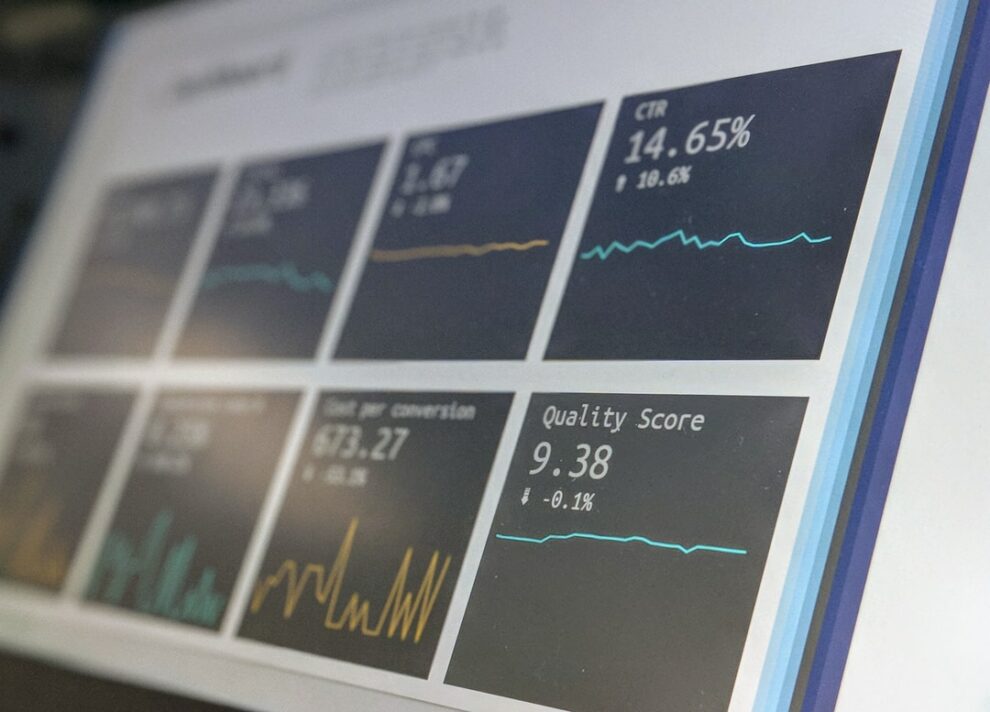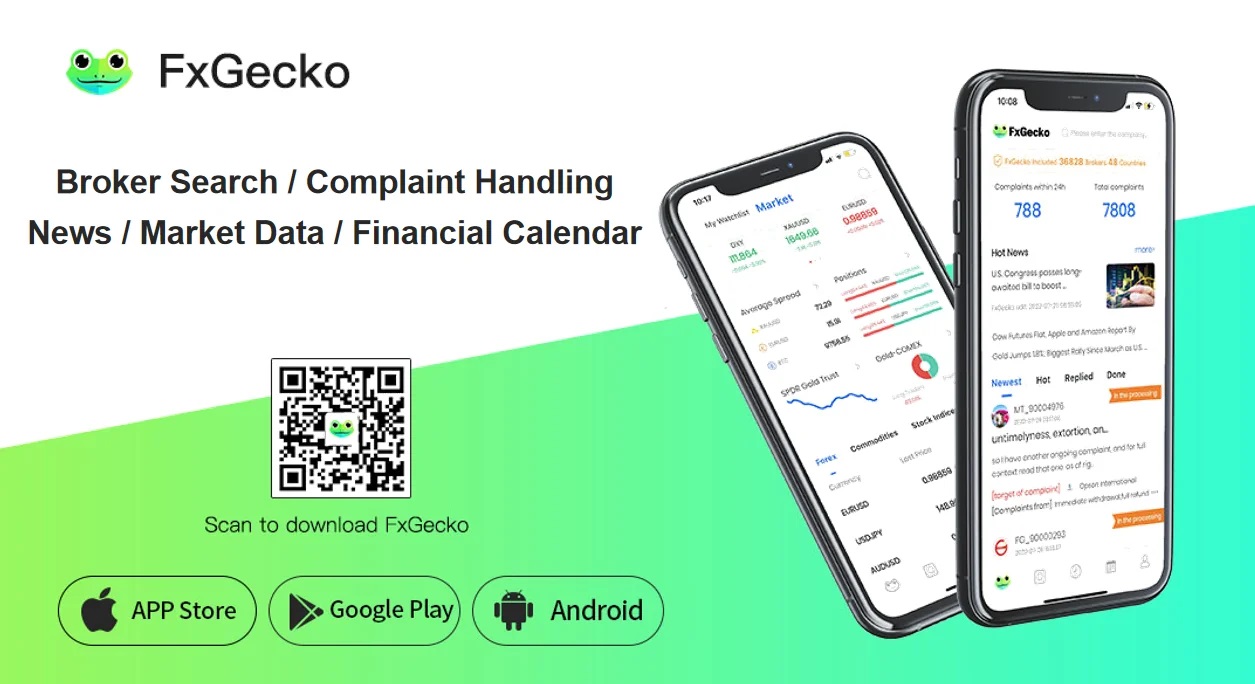Data is a part of just about every realm of our society, including how businesses function in this digital transformation era. Whether it’s information from the past or present, this information is emphasizing the importance of master data management to be able to make better business decisions. Whether it’s adapting to benefit workflow or trying to find what’s driving your customer base, a master data solution can be a game-changer. Here’s what to keep in mind when you choose the right master data software for your organizational needs.
Understanding Master Data Management
Master data management (MDM) is a business-led program for ensuring that an organization’s shared data is consistent and accurate. However, master data management software is more than just numbers: It’s the people, processes, and systems used to drive business decisions. Since data is in many different places and in different languages, it’s crucial to have an MDM structure that allows for business-related questions to be addressed. That’s why it’s a group effort to handle different master data assets from upper management and how customers operate a user interface.
Master data, along with reference data and metadata, helps organizations to adopt business rules that help companies better handle their organizational information with the help of real-time access. With an MDM structure, companies are able to enforce hierarchy management that allows business users to share and understand analytics with greater ease. This can range from customer data regarding sales and marketing to having a deeper grasp of the supply chain and what is motivating the marketplace, as well as your company’s suppliers and vendors.
The Capabilities of MDM
Having a rein on the various data sources that an organization takes on is crucial to afford companies visibility of all of the inner and outer workings of the business. The number of MDM capabilities is truly endless, thanks to a flexible and multi-domain structure that allows for expansion for the various data sources and types. Master data management platforms help to clarify complex cross-domain relationships, supporting the four main styles of MDM: centrally authored, consolidation, coexistence, and registry.
When shopping for the right MDM software for your business, you want to have an understanding of the expansion ability of these new products. A master data management solution focuses on the variety of domains out there, with artificial intelligence and machine learning driving analytics for the validation of business-related decisions. By having an easier accessible view of analytic solutions, companies are able to scale their MDM environment to fit the needs and actions of a business when and where they need their focus.
The Benefits of MDM
A multi-domain MDM platform is more than just a single source of truth for the inner workings of any size organization in any business sector. MDM provides a consolidated source of key master data for customers, products, and relationships between entities. Having an accurate data source increases revenue by providing customers with their channel of choice. With master data management, companies are able to get a quicker assessment of the overall picture of the organization, boosting business value and driving productivity.
By improving productivity across a digital asset management system, MDM optimizes a company’s supply chain, delivering accurate information to improve forecasting and customer service. By having an understanding of all-encompassing employee and vendor data, MDM affords organizations the benefits of identifying and acting on insights faster than ever. This makes for quicker business decisions with the evidence that backs up those choices. These quicker interactions allow for a better customer experience and better data compliance, making sure that data is working for your company and your company is not overwhelmed by data.










Add Comment